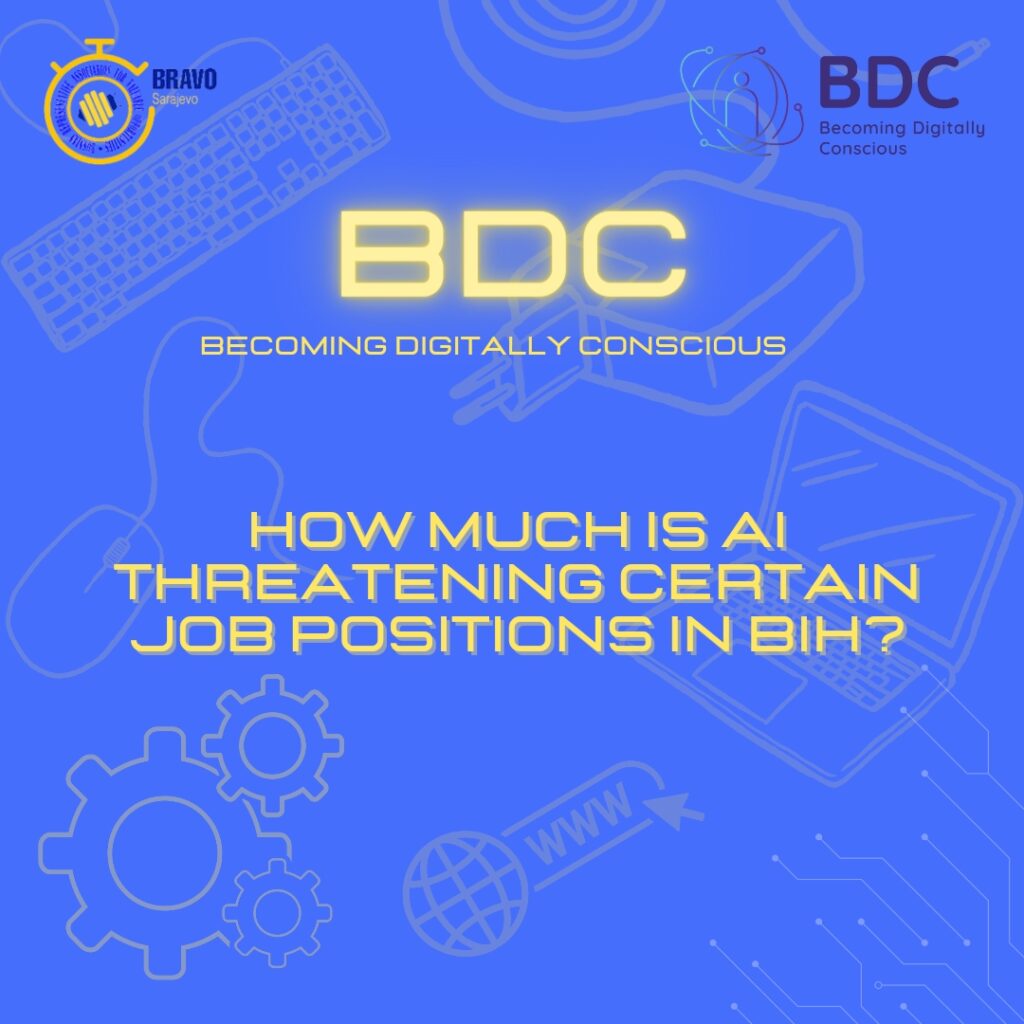
When artificial intelligence (AI) was first proposed in the mid-twentieth century, few predicted that it would evolve at the current rate and have such extensive uses. While humans are cognitive beings capable of executing a wide range of tasks, the advent of AI and automation is making people obsolete in a wide range of occupations.
Although computers are still a long way from duplicating the brain in real time, technology has advanced so quickly that big corporations are announcing substantial layoffs in the future years as these jobs are being replaced by artificial intelligence. Among those that have already done so are IBM and Axel Springer, the largest German publishing business, which publishes the tabloid Bild.
As a result, there is growing global worry about computer and machine control over humans. Some academics warn that as artificial intelligence develops, human labour may become out of date.
Today, artificial intelligence is primarily employed to solve certain tasks and has found application in telemarketing, a marketing method that has been in use for years and is constantly adjusting to technological developments.
In the field of telemarketing, artificial intelligence is focusing on taking over inbound calls, posing a threat to career opportunities. In Sarajevo, for example, enterprises have laid off employees, and their positions have been taken over by artificial intelligence and chatbots.
In the context of telemarketing and artificial intelligence, when a client calls such a corporation for basic information or services, they may be met by conversational artificial intelligence rather than a human representative on the other end of the line. It recognizes the caller and answers their queries automatically.
Human will is not required for services performed by employees addressing inbound calls; merely clear service and information are required, which opens the door to the use of algorithms and codes. Conversational artificial intelligence, on the other hand, is incapable of handling calls that are outbound in telemarketing. Outbound calling entails generating ideas, developing client relationships, making complex decisions, creativity, and emotional intelligence—all of which are unique human attributes that are difficult for artificial intelligence to mimic.
The human aspect is irreplaceable in telephone interaction between advisers working on behalf of a firm and potential clients when providing information about services or products in terms of connecting, engaging, and fully understanding clients. This gives hope that artificial intelligence will not entirely take over the marketing industry, which is widely regarded as superior to all other types of marketing due to its ability to provide fast response.
More about "BDC" project:
“Becoming Digitally Conscious” is a Capacity Building project targeted at the promotion of healthy digital habits among young people (between 18 and 25 years old) living in the European and Western Balkans area. The goal is to make this group aware of the potential dangers of making excessive use of digital devices, such as psychological disorders (e.g., eating disorders and depression). Considering that virtual reality has become an essential part of young people’s lives (especially during the covid-19 pandemic to study or socialize, which before they did mainly offline), we believe it is important to train them on how to integrate digital devices in a healthy and conscious way. Through the education of youth workers, the project will contribute to increasing the quality, innovation, and recognition of youth work, supporting the sharing of methods to address the opportunities and implications of digitalization. Of course, it is as well related to “Addressing digital transformation through the development of digital readiness, resilience and capacity” because all major social changes imply some areas of risk that need to be reflected upon to mitigate the issues created (in this case digital addiction).
